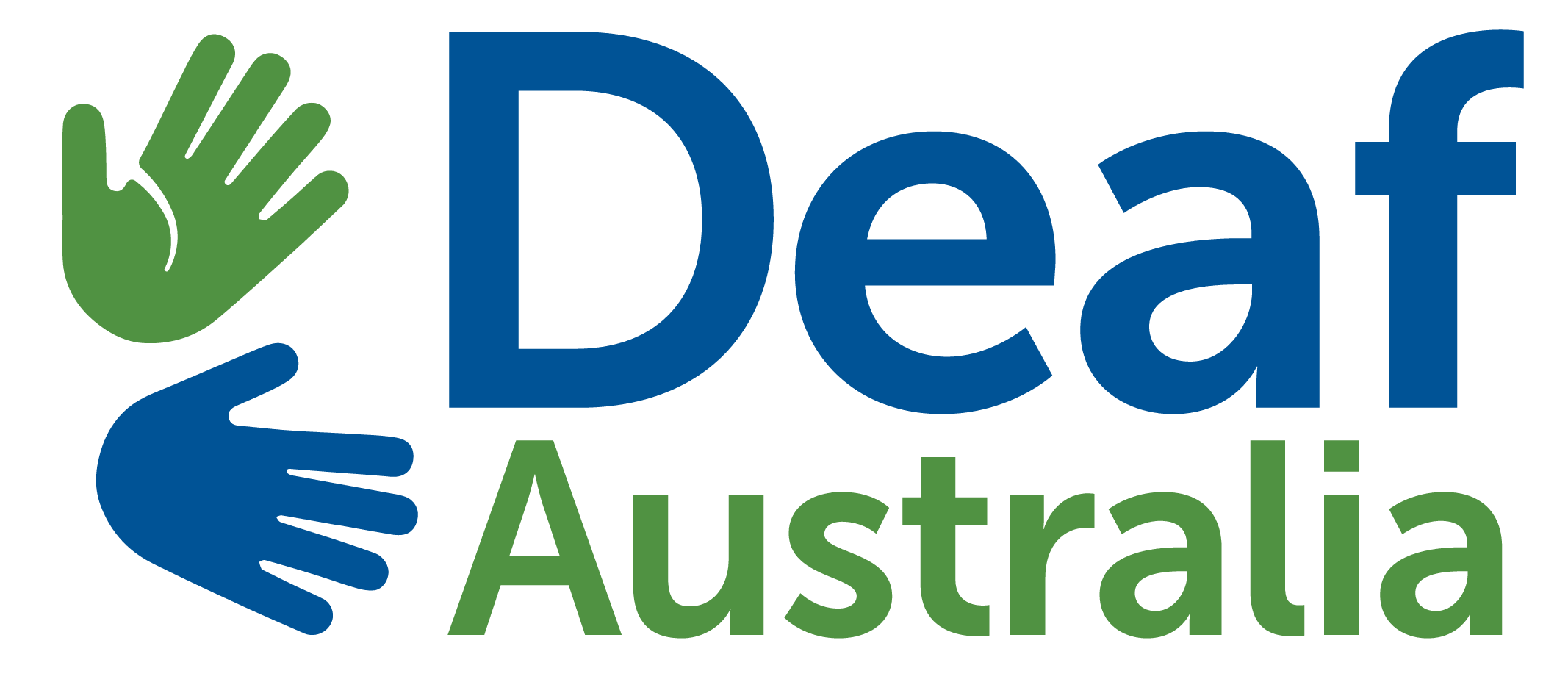No products in the cart.
The deaf community is outraged by today’s Queensland Supreme Court ruling that deaf people are to be banned from sitting on a jury for criminal cases.
This is the second case of this nature, after a deaf woman, Gaye Lyons (a lifelong member of Deaf Australia), lost a discrimination case against the State Government earlier this year over being excluded from jury service at Ipswich District Court in 2012.
Justice James Douglas today ruled that deaf people are ineligible for jury service because Queensland has currently got no legislation to cover interpreters in a jury room during deliberations.
“Banning deaf people from the right to serve their civic duty as jury members is blatant discrimination,” said Deaf Australia CEO Mr Kyle Miers, “Auslan interpreters are regularly used when deaf people are required in court in other capacities and this situation should be no different.”
This ruling is in direct opposition to the United Nations Convention on the Rights of Persons with Disability, of which Australia is a signatory, and goes against the National Disability Strategy.
“If, as Justice Douglas said, there is a risk that deaf people will not be able to participate properly in communication among the jurors without an interpreter, then legislation should be passed to enable interpreters to be used in court proceedings,” explained Mr Miers.
“Whilst it is true that deaf people may not hear nuances in voice tone during testimony, they more than make up for this lack though heightened visual awareness and understanding of body language. Deaf people would add valuable depth to jury deliberations if allowed to serve.”
Although courts have no explicit power to require interpreters to swear an oath or affirm to maintain the secrecy of the jury’s deliberations, it is Deaf Australia’s position that this is not an issue; Auslan Interpreters are bound by a strict ethical code of conduct which mandates complete confidentiality and requires interpreters to remain impartial, meaning that they cannot give opinions or influence deaf people in any way in the course of their practice.
Deaf Australia is calling for:
- Legislation to formalise the use of Auslan interpreters in jury settings.
- Formalisation of the requirement for NAATI Professional Level Interpreters only to be used in legal settings.
Media release from Deaf Australia on 30 May, 2014



